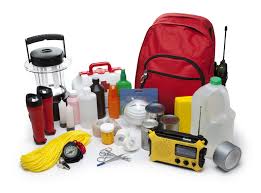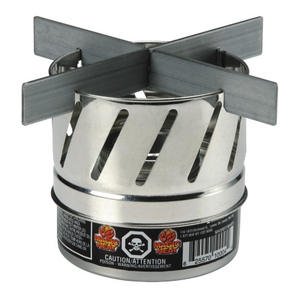Emergency Preparedness.
Emergency Preparedness.
Disasters: Floods, Earthquakes, Hurricanes, Wild Fires…………………..
With Disasters happening all over the world in the last few months, especially, Floods, Earthquakes, Hurricanes, Fires etc.; how prepared are you for anything like that happening to you and your family?
 ……………………..says your concerned Home Inspector and Consultant.
……………………..says your concerned Home Inspector and Consultant.
Do not think “this will not happen to me.” As many folks have found out, especially with the wild fires here in British Columbia, Alberta and Washington State and the earthquakes in Mexico, Fiji, etc., it can happen to them. People have had to leave their homes with little more than the clothes on their backs or even worse, nothing to come home to.
Well before such a disaster or some other unforeseen event strikes, you should be thinking about an emergency/evacuation plan in the event you and your family are forced to leave your home on short notice. “Emergencies” can come in a variety of forms with varying preparation times, from storms with fair warning to a more immediate crisis, such as fire or earthquake.
An evacuation plan that is spelled-out and shared with your family members well in advance is a good strategy to achieve the best outcome and for overall safety in case of disaster. Consider where you will go, how you will get there, how you will stay in touch and who will know where you are.
Do you have a “grab ’n go” bag, easily accessible, with enough to sustain you and your family for up to 7 days? When creating an emergency survival kit, think about what you might need if you were stranded or needed to evacuate your home for 3-7 days. Prepare your kit well in advance and keep it in an easily accessible location so you can take essential items for you and each member of your family, if you must evacuate quickly. Remember to include plans for your pets as well.

Emergency Kit.
Ensure that, in the event you have to stay in your home with no running water, no electricity/lights or heat, you are prepared. Have a well-stocked pantry or cupboard if possible. Make use of supplies in your fridge and freezer before they spoil. An emergency stove will be very useful.

Emergency Stove (an example)
Be very careful with candles, you don’t want to aggravate the situation by causing a fire.
A copy of your emergency plan and contact information should be inside your emergency kit.
If applicable, other items such as prescription medication, infant formula, equipment for people with disabilities and food, water and medication for your pets or service animal (personalize according to your needs) should be added.
Also, have extra clothing for each member of the family, including shoes (older footwear that you won’t normally miss but will be useful when you run out in your slippers or even barefooted).
Many people don’t think of how different it can be for condo/apartment residents. No elevators, possibly no hallway lights or stairwell lights to safely escape. Unless you are prepared, it can be very dangerous. Ensure your emergency flashlight is handy and working. It is advisable to have headlamps and a windup flashlight/radio combination easily accessible, even more so than in a free standing house.
Keep your fuel tank filled in your vehicle. Keep an emergency kit in your vehicle in case you cannot get home. Have an extra cell phone charger in your vehicle.
In the event of severe damage to your home or workplace, having a current inventory of your possessions – including make and model numbers – can help you get your insurance claim settled faster.
Take pictures of rooms and important individual items. Label pictures with a description, including where you bought it and the make, model and serial number for loss claims.
Create an electronic file. Use your computer to make your inventory list, if possible. Personal finance software packages often include a homeowner’s room-by-room inventory program.
Regardless of how you create it (written list, flash drive, photos, video or audio), keep your inventory, along with receipts, in your safe deposit box or at a friend’s or colleague’s home, preferably in a fire-proof box. A “buddy” system is a great idea.
Consider the very expensive items. Valuable items like jewelry, art and collectibles may have increased in value since you bought or received them. Check with your agent to make sure you have adequate insurance for these items. They may need to be insured separately.
There is a lot to think about and you may have NO time to think when disaster strikes!
BE PREPARED!

Duxbury & Associates, Building Inspection and Consulting
info@glennduxbury-inspections.com

